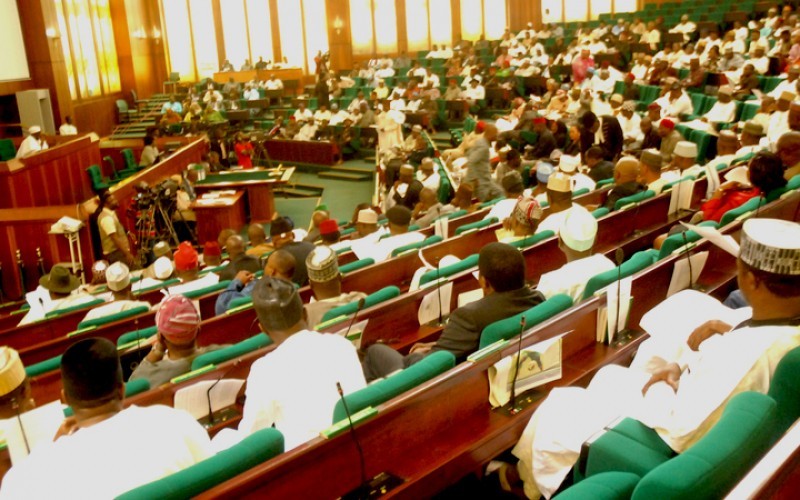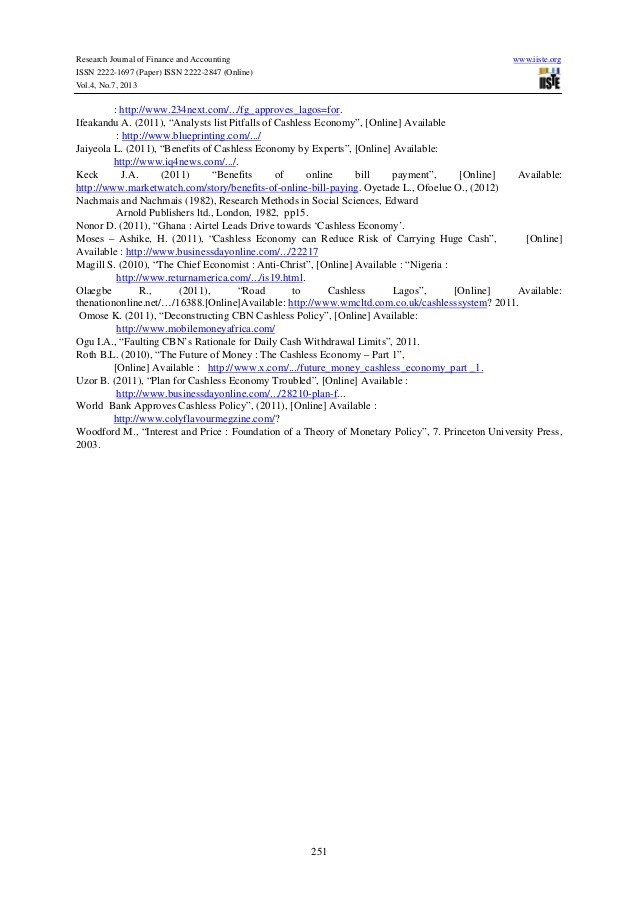Pitfalls in Nigeria’s Foreign Policy
Post on: 16 Март, 2015 No Comment

Posted by Salisu Suleiman on October 3, 2012.
NIGERIA has introduced some vibrancy to its diplomacy; recall its reaction to the diplomatic faux pas of South Africa last year when it deported Nigerian travelers (including a senator) purportedly for non-possession of yellow cards. This insolence by the South African government was not an isolated incident. It was a culmination of series of similar incidents against Nigerians.
Nigerian government reaction was prompt and decisive. Nigeria paid the South African government in its own coins by also isolating travelers of South African origins on the next flight to Nigeria and deporting them back to South Africa. This type of diplomacy is known as quid quo por. It sent the message to the South African government that Nigeria would not bear any longer any act of diplomatic arrogance. Consequently, South Africa sent a high-powered delegation to Nigerian to tender letter of apology. At stake were the enormous South African Investments in Nigeria.
The foregoing scenario is just a tip of the power and influence a country can exert if it knows its onions. Diplomacy is instrument of foreign policy nations use to pursue their foreign policies – it could be soft diplomacy, propaganda economic power and military force. In short, diplomacy can be defined as the application of intelligence and tact to the conduct of official relations among government of sovereign states.
Nigerian leaders, right from Tafawa Balewa to the Murtala – Obasanjo regime have always espoused afro-centric perspectives in its foreign policy i.e. Africa had always been the centre-piece of our foreign policy.
In broad terms, the principles which had determined Nigerian’s foreign policy until recently were preservation of our territorial integrity, the promotion of peace and stability in our sub-region and in Africa, respect for the charter of AU, especially those aspects of the charter pertaining to the inviolability of inherited frontiers, and the strengthening of African solidarity through sub-regional and continental organizations such as the ECOWAS and the AU. Other objectives of Nigeria’s foreign policy are the decolonization of Africa and eradication of apartheid and racial discrimination.
Nigeria sought to achieve these objectives through support for African Liberation movements and under the aegis of the United Nations and other international organizations such as the Non-aligned movement. The high-point of this policy was Nigeria’s total support to the MPLA during the Angola Liberation war. This was further vividly brought home in the speech of the then Nigerian Head of state, General Murtala Mohammed at the extra – ordinary summit conference of the OAU held in Addiss Ababa on 11th January, 1976. Hear him;
“Africa has come of age. It is no longer under the orbit of any extra continental power. It should no longer take orders from any country, however powerful. The fortunes of Africa are in our hands to make or mar. For too long have we been kicked around, for too long have been treated like adolescents who cannot discern their interests and act accordingly…for too long has it been presumed that the African needs outside “experts” to tell him who are his friends and who are his enemies. The time has come when we should make it clear that we can decide for ourselves: that we know our own interests and how to protect those interest; that we are capable of resolving African problems without presumptuous lessons in ideological dangers which, more often than not, have no relevance for us, nor for the problem at hand”.
Since Murtal Mohammed delivered this moving speech, a lot of changes has been wrought both in the international scene, at the continental level and at the domestic level. The cold war has fizzled out, the apartheid regime has collapsed and there is definitely a new world order. In the face of this, an expert has called for a revaluation of Nigeria’s diplomacy.
In 1988, the General Ibrahim Babangida government officially announced that economic diplomacy was the new focus of its foreign policy. This was largely informed by the deep-seated and intractable economic crisis of 1980s occasioned by the collapse of the world oil market which Nigeria had come to depend for 90% of its annual foreign exchange receipts. Inspite of oil boom of the 70s, the wealth was not used to redress the host of structural distortions that underlay the post – colonial pattern of development in the country. Thus, there was heavy dependence of industries on foreign inputs, the absence of inter-sectoral backward and forward linkages; and the overconcentration of manufacturing investment in light processing consumer goods production, the intermediate and capital goods sub-sectors being virtually non-existent.
In an address to newly appointed Nigerian Ambassadors of the Ministry of Foreign Affairs, in 1991, the then minister of foreign affairs, Gen. Ike Nwachukwu had this to say; “The ball – game today in international relations is self-interest and economic developmentin your utterances and in your behavioural pattern, please remember that Nigeria is a developing country. It needs much support from the international community and that support can only come when you can win the confidence of those whose support you seek”
Nigerian economic diplomacy is therefore nothing but submission to the dictates of IMF and World Bank. It is like saying that to promote export trade and attract foreign investment and fresh financial flows, Nigeria must be heavily pro-west and accept the hegemony of imperialistic forces.

Prior to the return to democracy by Nigeria in 1999, the country could be said to be at its nadir in terms of foreign policy orientation. At the down of the fourth Republic, in May 1999, Nigeria’s situation was that of a near pariah state, alienated, isolated and even abhorred by a large section of the international community.
The Abacha years of isolation (without any indigenous socio-political ideology) compromised all gains of previous government in the area of foreign policy. In response to the global ‘wind of change’, the Obasanjo administration declared a new thrust in Nigeria’s foreign policy hinged on the perception of the entire globe as the focus of Nigeria’s foreign policy. Former President Obasanjo’s policy response to globalization was to deepen commitment to continental and regional economic cooperation and integration in Africa and to make it a top priority in the country’s foreign policy agenda in Africa in particular.
Obasanjo believed that the best way to attract foreign investment was to go cap-in-hand to solicit for their help. According to official sources, the president travelled outside the country a hundred and thirteen times since his assumption in May, 1999. Many Nigerians viewed this Ajala – travel-diplomacy as on wholesome if the president had devoted half the time and energy he spent on his foreign travels in fighting corruption, Nigeria would have been better off, as most of the looted funds siphoned to foreign accounts by corrupt politicians would have been used in fixing the country.
This argument is anchored on the fact that ultimately what gives strength, confidence, respect and influence to the conduct of any country’s foreign policy is the vibrant existence of a polically, socially and economically healthy society under true democratic governance.
What is being said in essence is that the pursuit of economic diplomacy by previous and this regime without a complementary economic nationalism and national ideology had always amount to nothing. Nigeria’s foreign policy may once in a blue moon exude some flashes of vibrancy but it is still constrained by low democratic credentials. The electoral process, human rights, corruption index, socio-economic index etc are still less than satisfactory.
All the attempts by various governments to attract foreign investment have always remained elusive. There also the false belief that foreign investment would trigger growth and development. But as examples of Taiwan and some Asian Tigers have shown, foreign investment cannot trigger genuine autonomous development. Development has to be internally drivernby true nationalistic leaders with mission and vision.














